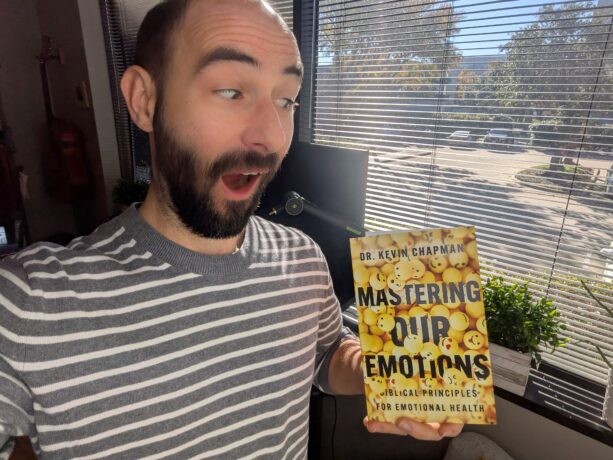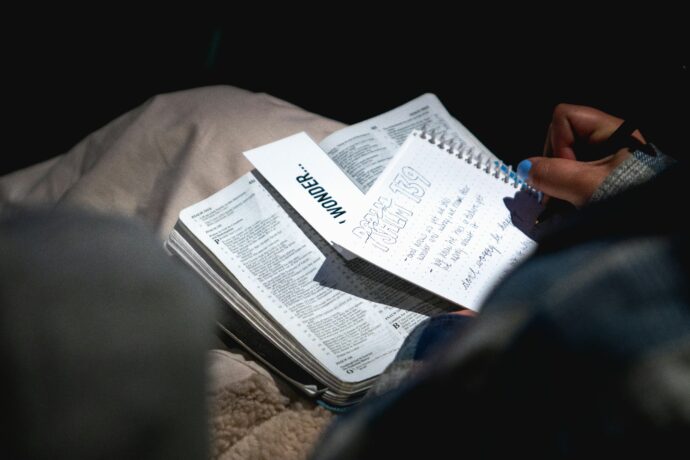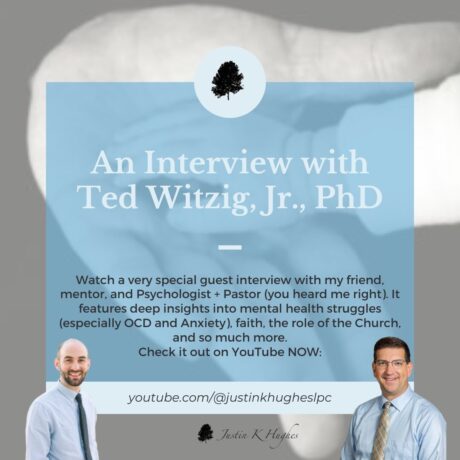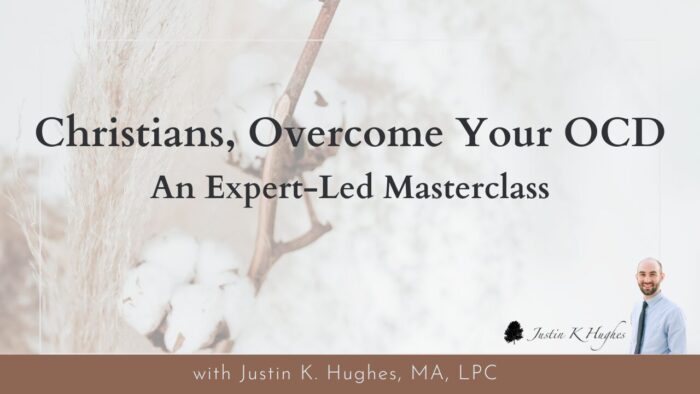
A vaccine for Sars-CoV-2 is just beginning to be administered to the public as 2020 is coming to a close, and a palpable ‘shot in the arm’ brings hope for the ravages of COVID-19 for many.
Consider with me what life was like prior to 2020? What was going well? What made you long for change? My guess is that there was aplenty wrong with the world in 2019.
“So we do not lose heart. Though our outer self is wasting away, our inner self is being renewed day by day. For this light momentary affliction is preparing for us an eternal weight of glory beyond all comparison, as we look not to the things that are seen but to the things that are unseen. For the things that are seen are transient, but the things that are unseen are eternal” (2 Corinthians 4:16-18 [emphasis mine]).
Hope is always counterbalanced with another weight- fear, suffering, pain, injustice. Even a “perfect” rollout of a vaccine will leave us with a still broken world. Where is God in suffering?
The Apostle Paul had opponents who claimed that because he was suffering, this clearly meant he wasn’t in God’s will (2 Corinthians 11:24-29). Paul gave about a thousand reasons why this was not true in his entire letter. In fact, the mere existence of hope as a concept will be unnecessary, because God promises us all our hope and faith will be realized in time (1 Corinthians 13:3, then 12-13). So we wait patiently (Romans 8:25).
Indeed, “we do not lose heart” (4:1) though we are broken vessels walking around (4:7), afflicted in every way (4:8). But….BUT, “so that the life of Jesus also may be manifested in our mortal flesh” (4:11). God keeps extending grace to us in the midst of suffering- not in the absence of it- which leads to us being more thankful and God being more glorified (4:15). So we do not lose heart (4:1).
Jesus is the suffering servant, who shocked a watching world that God’s promise of salvation would come to give up his power, suffer, and wash our dirty feet (John 13:1-17).
Lest we only consider O Little Town of Bethlehem a cute ballad of Nat King Cole, let’s remember the tension of fear and hope. Phillips Brooks, in 1877, wrote it. Did you know that though he lived in the “Gilded Age” after the Civil War- that largely saw growth and prosperity in the United States- he also wrote this song smack in the middle of “The Long Depression” of 1873-1879. Furthermore, the Reconstruction Era was in full swing, with the highs of officially abolishing slavery and the lows of deep political shifts and divides, violence, and disenfranchisement of many, not the least of which was continued oppression.
O little town of Bethlehem,
how still we see thee lie!
Above thy deep and dreamless sleep
the silent stars go by.
Yet in thy dark streets shineth
the everlasting light;
the hopes and fears of all the years
are met in thee tonight. [emphasis mine]
For Christ is born of Mary,
and gathered all above,
while mortals sleep, the angels keep
their watch of wond’ring love.
O morning stars, together
proclaim the holy birth!
And praises sing—let “Glory!” ring
with peace to all on earth!
How silently, how silently,
the wondrous gift is giv’n!
So God imparts to human hearts
the blessings of the heav’ns.
No ear may hear his coming,
but in this world of sin,
where meek souls will receive him still
the dear Christ enters in.
O holy Child of Bethlehem,
descend to us, we pray,
cast out our sin, and enter in,
be born in us today!
We hear the Christmas angels
the great glad tidings tell.
O come to us, abide with us,
our Lord Emmanuel.
God is with us in suffering as He always has entered into our world- simultaneously a world of suffering and one with hope. Let us sit in this mystery and proclaim with the Psalmist, “It is good for me that I was afflicted, that I might learn your statutes” (Psalm 119:71). A bigger hope can- and does- transcend suffering. “The hopes and fears of all the years are met in Thee tonight.”








Leave a Reply